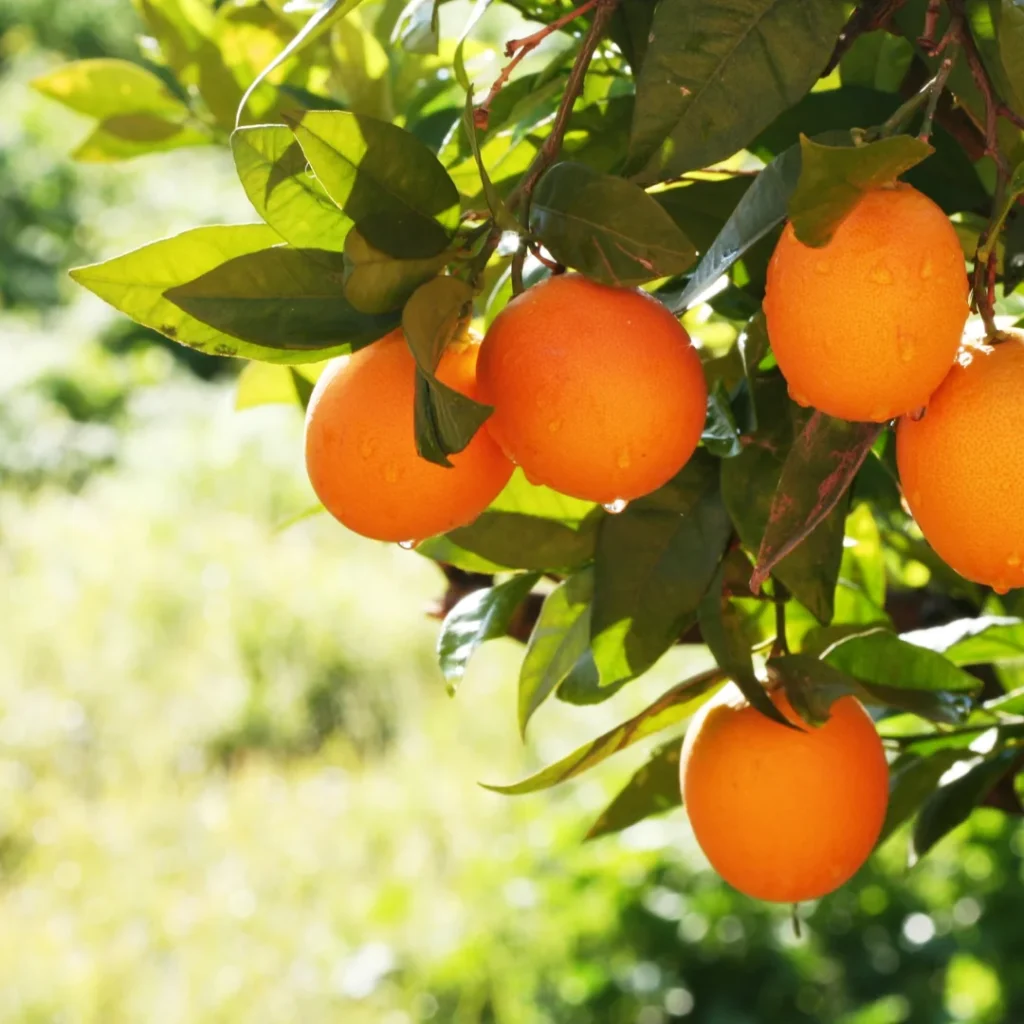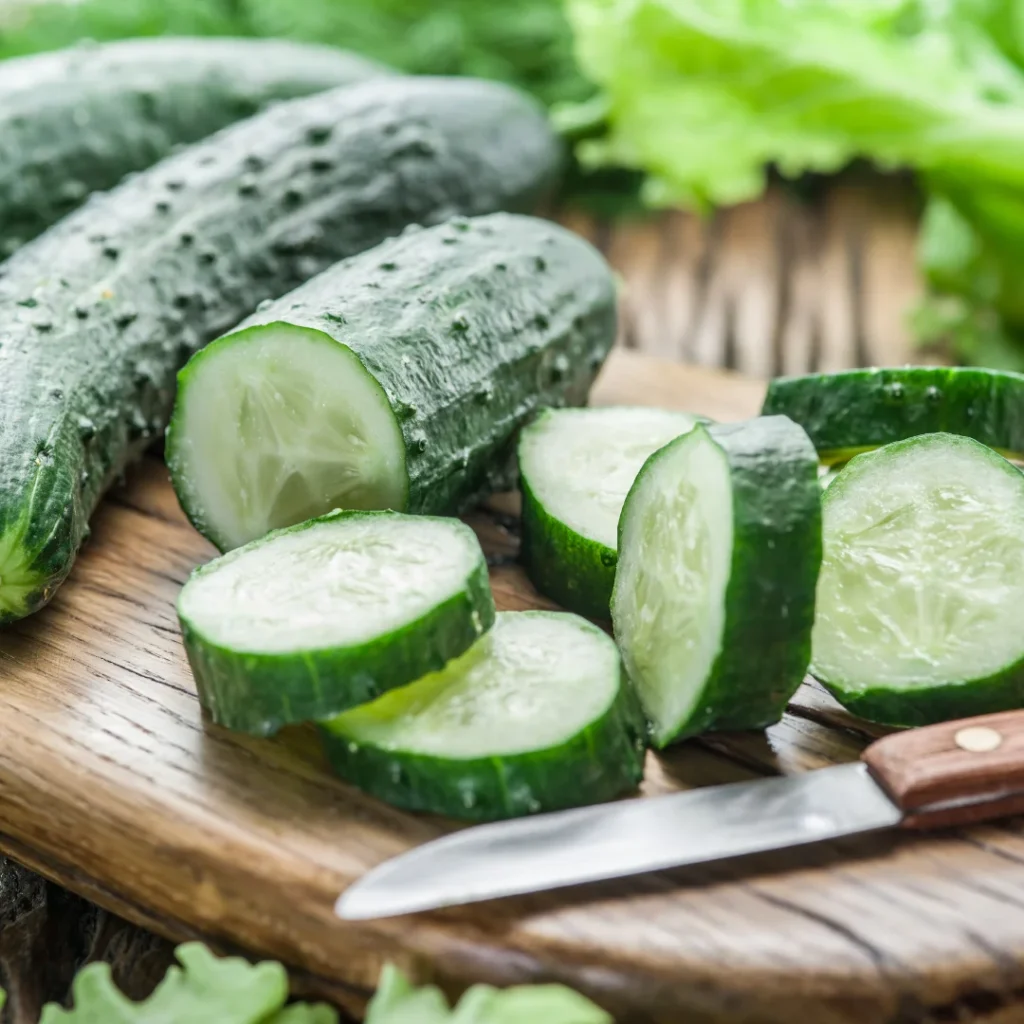These symptoms of Dehydration
may include
Dizziness
Constipation
Dry skin
Fatigue
Increased thirst
Dry mouth
Dehydration is a
Dehydration Disease: Types, Symptoms, Causes, and Treatments
Dehydration is a condition that occurs when the body loses more fluids than it takes in. This imbalance disrupts the normal functioning of your body and can cause serious health issues. It is important to understand dehydration and take steps to prevent and treat it. Let’s dive deeper into what dehydration is, its types, symptoms, causes, prevention, and diet for managing it.
Dehydration disease refers to a group of health conditions that arise when the body is not getting enough water. Water is essential for almost every function of the body, such as regulating temperature, maintaining blood pressure, and aiding in digestion. When the body does not have sufficient water, it can lead to dehydration, which affects normal bodily functions.
Dehydration can be classified into three main types based on the loss of fluids and electrolytes:
Hypotonic Dehydration (Water Depletion):
Hypertonic Dehydration (Water Deficit):
Isotonic Dehydration (Balanced Dehydration):
The symptoms of dehydration can vary based on its severity. Here are some common symptoms:
Mild Dehydration:
Moderate Dehydration:
Severe Dehydration:
If dehydration becomes severe, it can lead to shock, organ failure, or even death if not treated immediately.
Several factors can lead to dehydration. Some of the common causes include:
Inadequate Fluid Intake:
Excessive Fluid Loss:
Health Conditions:
Medications:
Age and Vulnerability:
Prevention is key to avoiding dehydration disease. Here are a few simple strategies to stay hydrated:
Drink Enough Fluids:
Eat Hydrating Foods:
Avoid Excessive Alcohol and Caffeine:
Stay Cool in Hot Weather:
Monitor Fluid Loss During Exercise:
A well-balanced diet can help prevent and treat dehydration. Consider the following tips:
Increase Fluid-Rich Foods:
Electrolyte Balance:
Avoid Sugary and Salty Foods:
Stay Hydrated with Herbal Teas:
Treatment for dehydration depends on the severity of the condition. Here are some treatment options:
Mild Dehydration:
Moderate Dehydration:
Severe Dehydration:
Successful Ayurvedic Management of Dehydration–A case study
Our medical facility stands out due to our commitment to excellence in Ayurvedic healthcare. We combine ancient wisdom with modern medical practices to ensure the best possible outcomes for our patients. Sandhya Medicity has cured more than 10 thousand satisified customer .
Sandhya Medicity offers a range of Ayurvedic treatments for Kidney Disease that are natural, safe, and effective. Our treatments are designed to not only alleviate the symptoms but also to target the core issues, promoting lasting recovery and improved quality of life for our patients.
Moreover, our practitioners take a personalized approach, understanding the unique conditions and needs of each patient. This allows us to create individualized treatment plans that address the specific concerns and factors contributing to Kidney Disease, ensuring a more successful healing journey.
With a focus on holistic healing and natural remedies, Sandhya Medicity provides a caring environment where patients can expect comprehensive support and guidance throughout their treatment process. Our goal is to empower individuals with effective solutions that bring relief and restore their well-being.
Choosing Sandhya Medicity means opting for a place where expertise, compassion, and personalized care converge to offer you the best in Ayurvedic treatment for Kidney Disease
Dehydration is a serious condition that can affect your overall health and well-being. It is essential to stay hydrated by drinking enough water, eating water-rich foods, and avoiding excessive fluid loss through sweating, diarrhea, or illness. By understanding the types, symptoms, causes, and treatments of dehydration, you can take steps to prevent it and ensure that your body remains healthy and well-hydrated. If you suspect you or someone you know is severely dehydrated, seek medical attention immediately.
toxins, and carry out other functions.
Dehydration is a common affliction, but it can have serious effects on the human body. One of the most effective methods of treating dehydration quickly is to provide electrolytes through replenishment via oral rehydration therapy (ORT).




WhatsApp us